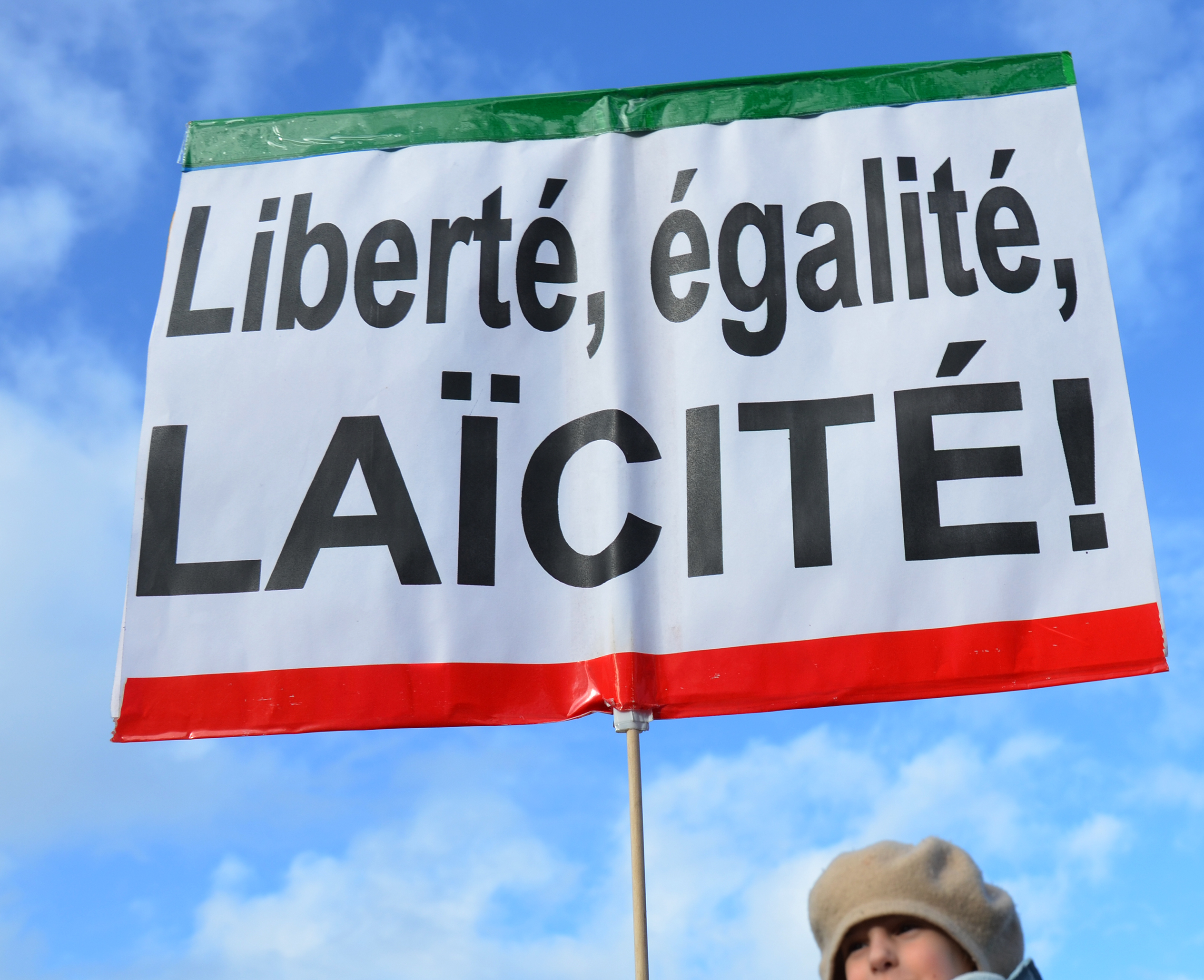【Report】The thirteenth session of the Global Studies Seminar series “Challenges in Global Studies” “Alternative Global Studies Envisioned from ‘the Religious’”

Speaker: DATE Kiyonobu (Associate Professor at the Department of Area Studies, Graduate School of Arts and Sciences, the University of Tokyo)
Moderator: BAJI Tomohito (Department of Advanced Social and International Studies, the University of Tokyo)
Discussant: TANABE Akio(Department of Interdisciplinary Cultural Studies, the Graduate School of Arts and Sciences)
KOKUBUN Koichiro (Department of Interdisciplinary Cultural Studies, the Graduate School of Arts and Sciences)
To learn more about the Global Studies Seminar series “Challenges in Global Studies,” click here.
【Report】
The thirteenth session of the Global Studies Seminar series “Challenges in Global Studies” took place on Tuesday, May 18th, 2021. Professor Kiyonobu Date (Associate Professor at the Department of Area Studies, Graduate School of Arts and Sciences, the University of Tokyo) gave a lecture titled “Alternative Global Studies Envisioned from ‘the Religious.’” Attracted by the possibility of an “alternative” vision, Date’s research has been committed to relativizing the existing system of knowledge. Relating to the trajectory of his own research, his lecture was centered on how we can explore the possibility of an “alternative global studies.”
Date began by recalling that his engagement with “global studies” could be traced back to a fundamental question he embraced concerning the existing framework in religious studies, its dominant approach being a “comparison of different religions” at a horizontal level. Questioning the very validity of this comparative framework, Date embarked on pursuing the global history of religion, critically reexamining the disciplinary standing of religious studies. At the core of his research is an attempt to approach ‘the religious’ by way of reconstructing the binary between ‘religion’ and ‘secularity.’ The first outcome of what can be called the “religious studies on secularity” was the doctoral thesis he submitted to l’Université Lille-III in 2007: “Religious History as mirrored in secular morality in 19th century France” «L’histoire religieuse au miroir de la morale laïque au XIXe siècle en France.» By reconstructing the scene of a concurrent secularization of moral education and religious studies in 19th century France, the dissertation aimed at depicting an “alternative religious history” focusing on its relationship to “secularity.”
Expanding the field of research to contemporary France, Quebec as well as Japan, and situating himself on the borderlines of these regions, Date continued to reexamine the Western principle of “laïcité.” Based on his previous research experiences, Date made three proposals on the future of “global studies.” The first is to question and challenge the norm of “the global,” which has now become a cliché, and embark on the pursuit of an “alternative global.” The second is to explore the possibility of a new universality by turning to the lived experiences of the “core locations” (Baik Young-seo), i.e. spaces of tension where historical contradictions have accumulated. And thirdly, Date proposed that we build our discussion upon the idea of “intersectional humanity,” which would allow us to critically reconstruct and subsequently affirm the respective positions in today’s age, where multiple layers of discrimination intersect with one another and the division between majority and minority is becoming increasingly evident. These proposals do not only illuminate the possibility of an “alternative global studies,” but also open the path for exploring the possibility of “different global studies” in the plural.
In response to Date’s lecture, discussant Akio Tanabe (Department of Interdisciplinary Cultural Studies) raised a fundamental question as to why we couldn’t approach “the religious” on its own terms, that which precedes the religion-secular binary. While acknowledging the significance of non-discursive practices, Date responded by emphasizing the theoretical advantage of beginning at the discursive level in examining the relationship of religion and non-religion. An active discussion also took place between Date and Koichiro Kokubun (Department of Interdisciplinary Cultural Studies), who asked a related question, making reference to a text written by Deleuze at the time of the Islamic scarf controversy in 1989. The seminar, though it was held on a weekday, had a large turnout of over 100 participants and was concluded in success.
【OGATA Noa (Graduate Student at the Graduate School of Arts and Sciences)】
【translated by ELLIS Naomi (Ph.D. Student at the University of California, Los Angeles)】
